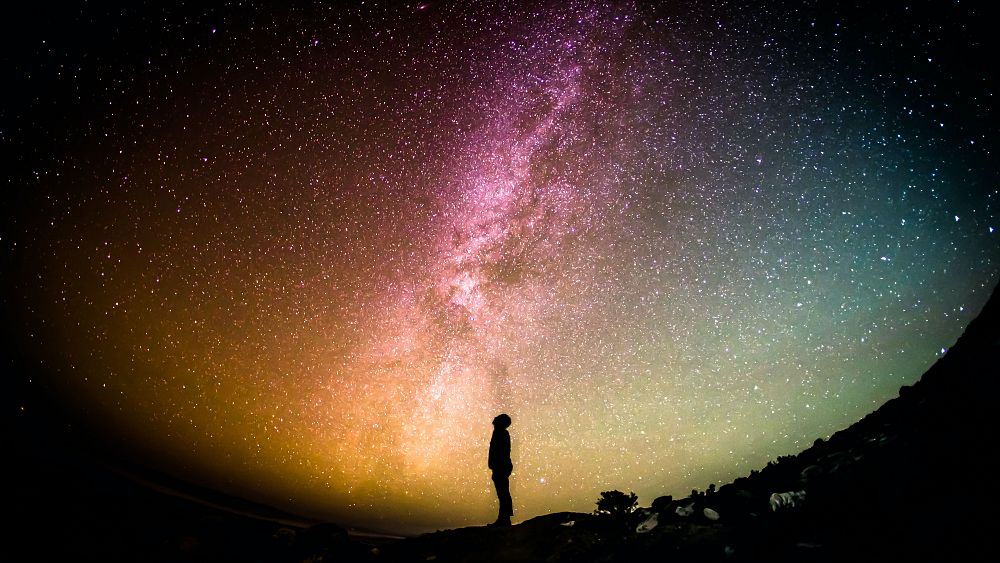
Earth Hour is an annual event to promote planet-saving practices.
This year, organisers at the World Wildlife Fund (WWF) say it aims to be the ‘biggest hour for earth’ yet.
People all over the world, as well as companies and local authorities, are encouraged to switch off the lights in their home or building for an hour.
So what benefit does this event have on the planet and how can you get involved?
Does switching off the lights reduce climate change?
Millions of houses, offices, and historic buildings go dark for Earth Hour each year.
Iconic monuments that have switched off in the past include the Sydney Opera House, the Colosseum, the Eiffel Tower, and the Empire State Building.
A study that examined data for a period of six years in 10 countries found that Earth Hour switch offs reduced electricity consumption by an average of 4 per cent.
But the switch off is mainly a symbolic action, according to WWF. The organisation describes it as a time for reflection on what we can do to make a difference.
“By ‘switching off’ your lights or switching off from daily habits and distractions and doing something positive for the planet, we can turn a single Earth Hour into thousands and millions of hours of action,” says Dr Kirsten Schuijt, Director General of WWF International.
With over 190 countries and territories participating, it is a moment for collective, global awareness of the climate crisis.
But WWF also describes it as a moment to realise how many people are fighting to save the planet.
“There are millions of people joining to reduce our environmental impacts, collectively,” the organisation writes on their website.
In more concrete terms, this translates as a global push for major legislative change and an opportunity to call on governments to launch green initiatives.
Past Earth Hours have led to a ban on plastics and other disposable packaging in the Galápagos Islands and inspired the creation of a Marine Protected Area in French Polynesia.
Earth Hour events around the world
Aside from switching off your lights, there are plenty of useful actions you can take to mark Earth Hour.
In hundreds of places around the world, you can participate in events like marathons or nature hikes.
WWF-Latvia will host its annual Earth Hour concert at the Latvian Railway History Museum on March 23. There are also several nature hikes around the country.
In Belgium and the UK, participants are invited to write an eco-poem by candlelight during Earth Hour and post it to the Poets for the Planet Facebook page.
In Sofia, WWF-Bulgaria will host an event combining stand-up comedy, live music and a quiz with questions about wildlife, nature and the challenges they face.
If you’re in Berlin for Earth Hour, look out for a media stunt in front of the Brandenburg gate. In Presov, Slovakia, you can stargaze at an observatory, and in Belgium you can attend an unplugged concert in the main square of Brussels.
All Earth Hour events are listed here.


